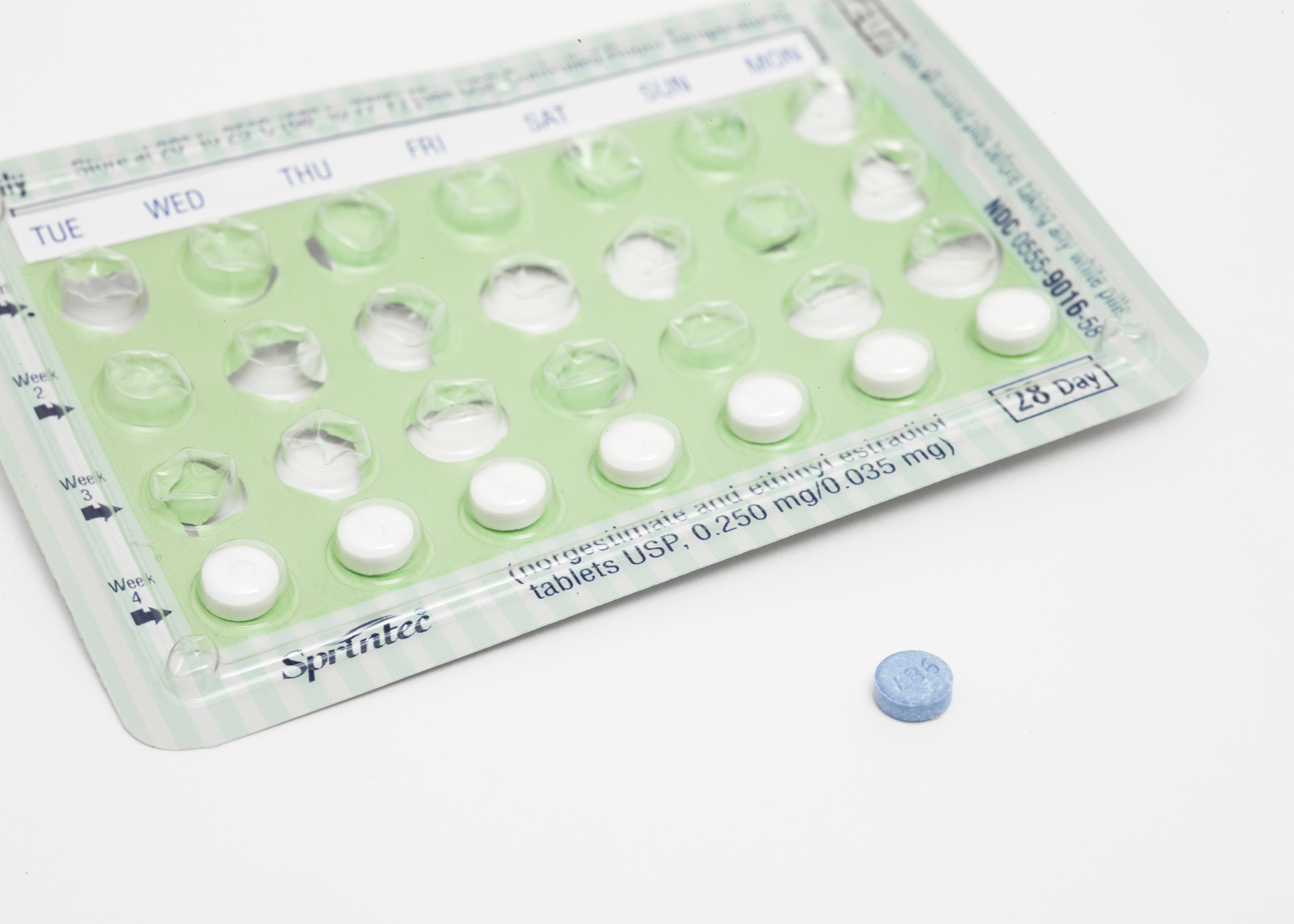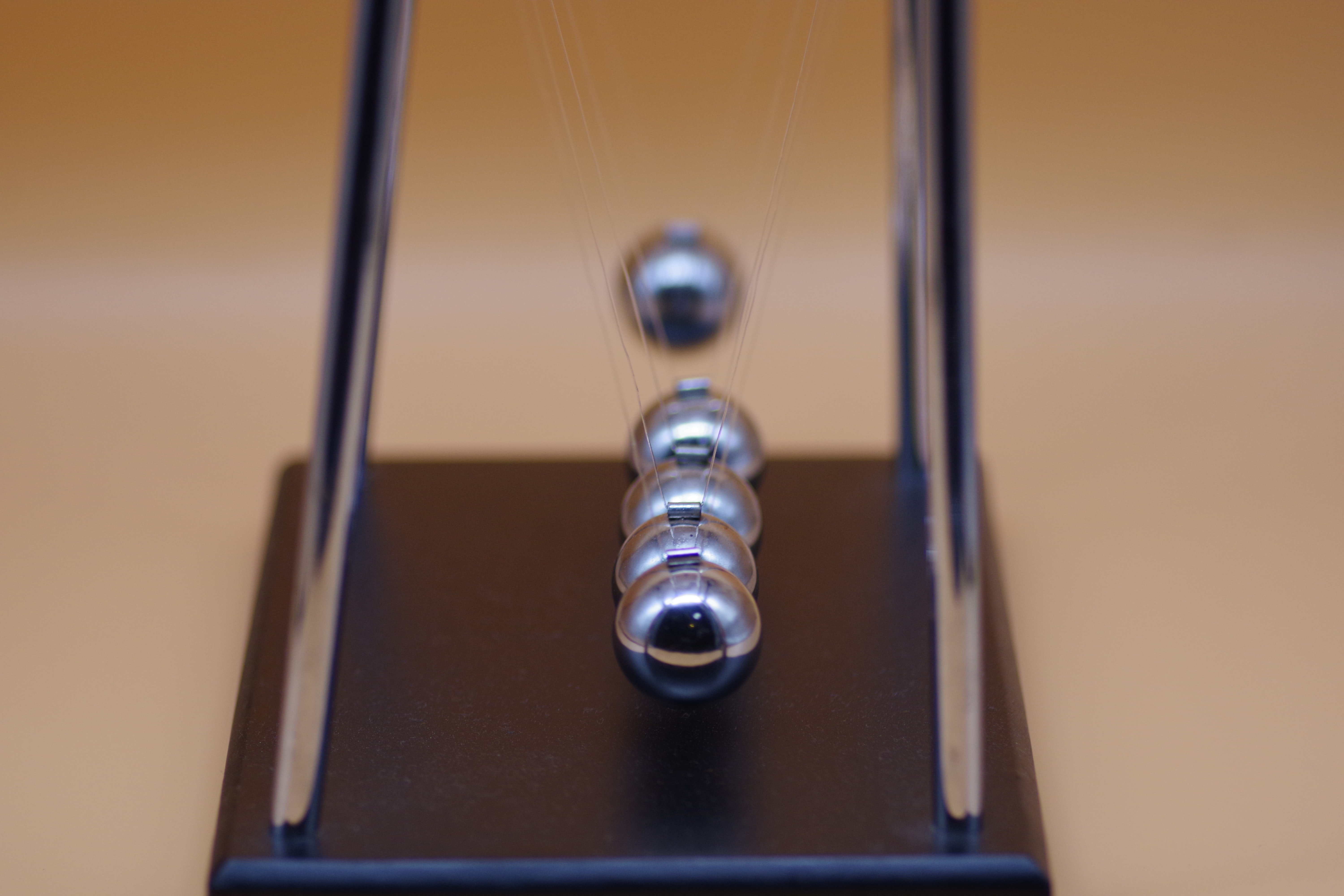Can Hormone Imbalance Cause Irregular Menstruation?
Can hormonal imbalance cause irregular menstruation? Yes it can.
Maybe you are asking this question because you are having regular menstruation yourself or you just want to know how hormones are involved. We will address both as well as what you can do and think about when you have irregular menstruation.
We will look at common causes of hormone imbalance that lead to irregular menstruation both chronic and more transient causes.
If you are interested in this keep reading we're going to discuss the details.
Hormones and Process of Regular Menstruation
Yes hormonal imbalance can cause irregular menstruation and there are several different hormones and scenarios involved. Before we look at those, let's look at the specific hormones and what is involved with normal menstruation. This way it will be easier to understand what's going on when there's an abnormality.
Typically menstruation occurs every 28 days. The regularity at which this occurs is what we're referring to with irregular menstruation. So if you have a menstrual cycle every 28 days or every four weeks that would typically be considered regular. If it varies outside five days outside 4 weeks, this points toward more abnormal or irregularity in menses. For instance, if you are expecting your menses and it doesn't come for five or six more days after that or it comes five or six days before, your cycle is irregular. Put another way, if you have a cycle every three weeks or every five weeks or six weeks, this is irregular menstruation. When this occurs on an ongoing basis a hormone imbalance is typically the cause. There's a few different groups of hormones involved with this most commonly.
Hormones Causing Irregular Menstruation
The hormones involved with regulating the menstruation and the regularity at which it comes are the relative balance of estrogen and progesterone. When the body is not producing these in a balanced way, you can get some mensural irregularity. Sometimes the irregular menstruation can occur just one or two cycles. We would call this a transient irregular menstruation. When it last much longer like six months or more, this is chronic. Let's first look at the transient types of hormonal imbalance that leads to irregular menstruation.

There are three common transient causes of hormonal imbalance that lead to transient irregular menstruation. These are common causes that I see in my practice. First and probably most common is stress. When stress levels are high cortisol levels rise. If cortisol is high enough it can disrupt the hormone signaling in the brain. Your brain, specifically your pituitary gland secretes hormones that stimulate the ovaries to produce hormones. With high cortisol, this normal signaling may get disrupted and lead to either a missed cycle or a shortened cycle. The irregular menstruation from high stress and cortisol is usually short lived. It may persists for a cycle or two after the stressor has gone away as well. Typically this type of irregular menses will be on the shorter side.
Another transient hormone reason for irregular menstruation is birth control. When you are starting a new birth control sometimes it will create a little imbalance leading to a missed cycles, shortened or lengthened cycle or two. Usually this corrects itself within two or three months.
The third transient hormonal cause for irregular menstruation is extreme weight loss. Some cases of losing a lot of weight especially if it is fat loss, can trigger a hormone disruption. Women need to have a certain amount of body fat in order to maintain regular menstrual cycle. A body fat percentage at or below around 20% is where problems can start to arise. The exact body fat trigger is going to be different for each female. Once they get around the 20% mark or below, they might start seeing some disruption in regular cycling. There's good reason for this too. The body as a whole is getting signals from, caloric intake, exercise, metabolic rate, etc. It is taking the sum of these signals to understand if it's able to put the investment into having a baby. From the machinery of the body this is a very large investment in terms of calories. If she does not enough reserved fat in the body, there may be enough stored fat to carry the baby all the way to term. When the percentage of fat drops below a certain amount, menstruation starts to get disrupted and may stop altogether.
In summary, the three transient reasons for hormones leading to irregular menstruation are:
- Stress
- Starting a new birth control
- Extreme weight loss
Chronic Hormone Cause of Irregular Menstruation
The more chronic hormone imbalance cause of irregular menstruation is perimenopause. All women go through perimenopause but not all have symptoms and irregular menstruation. The root word peri means next to and menopause meaning pausing of menstruation. So then perimneopause is the time next to the pause in menstruation. While some women don't have change in their cycles before menopause, others do. It is common reason for women to seek help. The cycle disruption typically starts about two to three years before actual menopause. So you can think of this in women around the age 45.
Some women start perimenopause earlier around forty. Early on in perimenopause before the menstruation stops there can be a drop in progesterone. That decrease in progesterone causes the uterine lining to shed earlier. Because of that there is not as much progesterone to keep the estrogen in check. As a result, the uterus has more endometrial thickening. Sometimes it can also lead to fibroids. So one of the things you want to think about if you are in this age demographic is progesterone and estrogen balance. Because that could be one of the causes for increased flow and increased number of cycles.
Sometimes in perimneopause the cycles start to come every three weeks and it seems like you are always having the cycle. That happens because there is breakthrough bleeding. In this case you are not actually ovulating every time you are bleeding. Instead it is just that the uterine lining keeps shedding because there is not enough progesterone around to prevent that from happening. Later on, as you get closer and closer to menopause, you may stop menstruating altogether so you have a cycle like every other month or every two months. Usually that is closer to actual menopause where you will see that happening.
Another kind of chronic cause for irregular menstruation that is related to hormones imbalance is fibroids. This has a similar cause related to estrogen dominance and perimenopause. A lot of times fibroids are more commonly found in a woman that are premenopausal. Both the perimenopause and the fibroids share this link with estrogen dominance.
So this is a third reason, estrogen dominance outside of being premenopausal or having fibroids that can lead to irregular menstruation. With these there is a relative abundance of estrogen in comparison to the progesterone. So there can either be a lack of progesterone or an excess of estrogen depending on the situation. You may have both or one or the other. Estrogen dominance can happen in menopause or can happen much earlier even women in their 20s and teens can have this.
Hormone Imbalance in Younger Women
Hypothyroid and Irregular Menstruation
Another chronic cause of hormonal imbalance that triggers irregular menstruation is hypothyroid. This is one that's not really associated with female hormones but is associated with thyroid hormones. The more research that looks at this the more clear the association seems to be. The exact mechanism of why this occurs isn't really clear. It seems that the more severe the hypothyroid is the more severe the irregular menstruation. there does seem to be an association with hypothyroid. So if you are having irregular Menstruation, you should have your thyroid levels checked. Correcting this might fix the problem depending on what your situation is. More minor cases of hypothyroid may not do a whole lot.
Lastly there is pregnancy. With pregnancy obviously menstruation stops. It is chronic because it lasts nine plus months. Of course, pregnancy is associated with hormones and shutting off normal ovulation. When the hormones come back there can be irregularity initially as well.
That should give you a better idea of how hormone imbalance can cause irregular menstruation. If you have a follow up question about the contents of the article, please ask it in the comment section below. To get a customized plan on hormone imbalance and irregular menstruation.




















